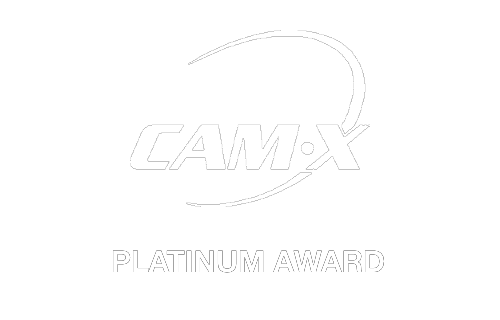
Journey Management can mean many things to different people and organizations. In its simplest form, it's a responsibility we all have to analyze driving situations and manage impending risk before we get behind the wheel of our vehicle, turn the key, and drive.
It should come as no surprise that driving is one of the riskiest activities we do in our professional and personal lives. According to the World Health Organization (WHO) most recent Global Road Safety report, road traffic injuries result in approximately 35,000 fatalities each year throughout Canada and the United States, averaging 9.1 fatalities per 100,000 people. Globally, this average is 19.1 per 100,000 people, higher than diabetes, stomach cancer, and alcohol and drug disorders to name a few.
In the workplace, motor vehicle-related incidents are consistently the leading cause of work-related fatalities. In the United States, 36% of all workplace fatalities are associated with motor vehicles.
A Close Call and Near Miss: here is a personal anecdote I wish to share.
A few days ago, my wife was leaving home to visit a friend whose father had recently passed away. The commute was only a short distance, about 3 km. Typical of the common driver, she got in her car, started it, immediately put it in gear, and pulled out of the driveway. When she got to the end of our cul-de-sac she applied the brakes. Except, there were no brakes to apply. With her foot pressing the brake pedal to the floor, she continued to roll past the stop sign until the vehicle finally stopped mid-street in the line of fire of oncoming traffic. Our cul-de-sac is small, which meant she was only moving at approx 25 km per hour at the time.
Fortunately there was no traffic on the adjoining street beyond the stop sign. Had there been, she could have easily been t-boned with bracing for impact her only defense. What if the situation had resulted in an accident just meters from our front door? How bad would it have been? What injuries could she have sustained? What if this happened on a major roadway or highway? What if our kids were in the car? Hard to let my mind go to these places, but it did. We were lucky.
Using Journey Management to Reduce Road Transportation Risk
So, how does my story relate to Journey Management?
Again, Journey Management is about assessing and managing risk, no matter what, when, or how far you are driving. When my wife put her foot on the brake to put the car in drive, she should have noticed the brake pedal was soft. That quick assessment, and taking the few seconds to understand it, would have kept the car in the driveway. Instead, it was overlooked and everything was assumed to be in good working order; a bad decision with a fortunate outcome.
Before getting into our vehicles, we should always take a few moments to do two things that will help significantly minimize road transportation risk
Complete a pre-trip vehicle assessment. Ask yourself these questions:
- Is the vehicle fit for travel?
- Is it in good working order?
- Are there any signs that something may be wrong? (Like a flashing a check engine light or some other indicator from on-board engine diagnostics such as tire pressure, oil pressure, windshield washer fluid, etc.)
If so, stop and reassess.
If for any reason you feel your vehicle is not ready for your trip, fix it or don't go. If needed, get it checked out by an authorized dealer or mechanic.
Review your travel plan. Ask yourself these questions:
- Where am I going?
- What route am I taking?
- What are the current road and weather conditions on that route?
- How long will it take me to get where I am going?
- Am I well rested for travel?
- Have I had the required amount of sleep in the past 24 hours?
- Do I feel confident to complete this trip safely?
- What other risk may I encounter and am I prepared for those risks?
- Is my cell phone properly charged?
- Have I advised anyone about my plans, route and ETA?
- These are simple questions, but critical considerations.
- Stay safe in your vehicle for the things and people you care about outside your vehicle.
Many of today's organizations have staff commuting regularly for many reasons. In a number of these companies, Journey Management policies and procedures, including the above exercises, are being adopted as the means to protect employees when travelling. By adopting a risk-based Journey Management approach, companies are instilling a culture that focuses on worker safety. In doing so, they are realizing the long term benefits of better driver behavior, better employee attraction and retention, reduction in vehicle incident rates, lower insurance premiums, and better asset utilization. A win-win from any perspective.
We all have a responsibility to take necessary precautions to protect our loved ones, our coworkers, and ourselves. As a driver of any vehicle, being responsible is about taking available information and making smart decisions around all elements of risk.
Why share this story?
Because it's a real and simple example of the risk we face every day while driving. If you were to stop and think about it, we likely all have examples of events that were near misses while driving. We sit behind the wheel of complex machines and those machines are powered by mechanical equipment, which can fail.
Not to mention the elements of risk beyond our control every time we drive; road and weather conditions, darkness, wildlife, and condition and behavior of other drivers and vehicles that travel towards you like projectiles.
Thanks for reading!
Charlie Reid is HSE Project Lead at Telelink, an industry leading provider of customizable solutions that reduce risk and keep your people and assets safe, including Journey Management, Work Alone, and Emergency Response.
The chances of being in a vehicle collision are increased as the weather worsens. For information on how you can better prepare for winter driving check out our blog post: Give Winter the Cold Shoulder: A Guide to Winter Driving Preparedness




Post a Comment